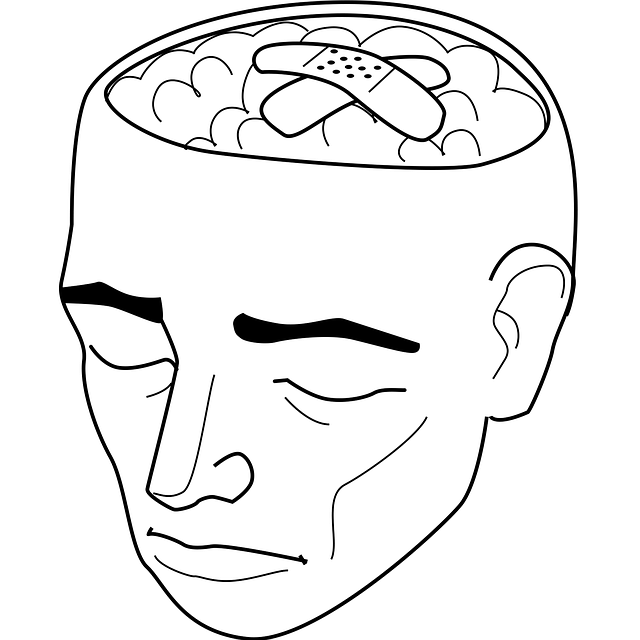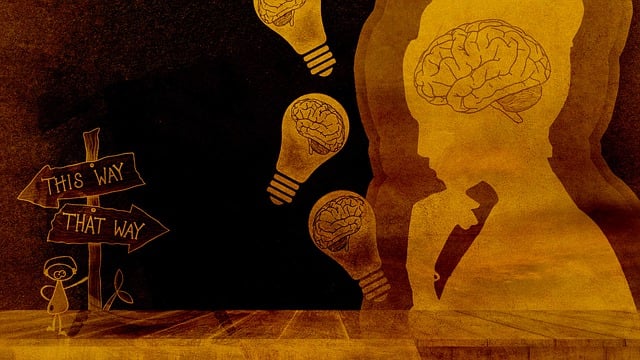Children facing crises need specialized support like Acceptance and Commitment Therapy (ACT) to develop coping strategies, build resilience, and prevent long-term mental health issues. ACT helps kids accept difficult thoughts and emotions while encouraging them to take actions consistent with their values. Integrating ACT into risk management planning improves outcomes by empowering professionals to provide timely, effective support for young individuals in crises.
In the face of crises, children require rapid and effective support. This article explores crisis intervention strategies, focusing on Acceptance and Commitment Therapy (ACT) as a powerful tool for therapists working with young individuals. We provide practical guidance for both professionals and parents, detailing how to implement ACT strategies to help children navigate and overcome challenging situations. By understanding and applying these techniques, we can foster resilience and promote positive outcomes in therapy for children.
- Understanding Crisis Intervention for Children: A Need for Rapid and Effective Support
- Therapy for Children: Acceptance and Commitment Therapy (ACT) as a Powerful Tool
- Implementing ACT Strategies: Practical Guidance for Professionals and Parents
Understanding Crisis Intervention for Children: A Need for Rapid and Effective Support

Children facing crises often require immediate and specialized support to navigate through challenging situations. Crisis intervention for youth goes beyond providing temporary relief; it aims to help them develop coping strategies, enhance resilience, and prevent long-term mental health issues. It’s a critical step in ensuring their well-being and fostering healthy development.
Effective crisis intervention involves a multifaceted approach, with one prominent method being Acceptance and Commitment Therapy (ACT). ACT equips children with skills to accept difficult thoughts and emotions while committing to actions that align with their values. This therapy is particularly beneficial for managing anxiety and stress, common in crisis scenarios. Moreover, integrating this practice into risk management planning for mental health professionals can enhance their ability to provide timely and effective support, ultimately contributing to better outcomes for young individuals experiencing crises.
Therapy for Children: Acceptance and Commitment Therapy (ACT) as a Powerful Tool

Children often face unique challenges and traumas that require specialized therapeutic approaches. One such effective method gaining recognition is Acceptance and Commitment Therapy (ACT). ACT empowers young individuals to develop a deep sense of self-awareness, fostering emotional well-being promotion techniques that help them navigate difficult experiences. By encouraging acceptance of their feelings and values, this therapy enables children to set and work towards meaningful goals, thereby enhancing their overall resilience.
This therapeutic approach incorporates various tools, including self-awareness exercises, designed to help kids understand their thoughts and emotions better. Through these practices, children learn to observe their internal experiences without judgment, allowing them to make conscious choices aligned with their personal values. Additionally, community outreach program implementations that integrate ACT can create supportive environments, promoting the normalizing of mental health discussions among peers, which is vital for breaking down stigma and encouraging early intervention.
Implementing ACT Strategies: Practical Guidance for Professionals and Parents

Implementing Acceptance and Commitment Therapy (ACT) strategies can be a game-changer for professionals and parents supporting children’s mental health. ACT is an evidence-based therapy that encourages individuals to accept their emotions, values, and experiences, while committing to actions aligned with personal goals. For kids, this approach helps them develop psychological flexibility, enabling them to navigate challenging situations and promote emotional well-being.
When applying ACT techniques, professionals and parents can incorporate practical guidance like mindfulness exercises tailored for children, helping them stay present and aware of their feelings. Additionally, teaching conflict resolution skills using ACT principles empowers kids to manage disagreements constructively, enhancing their social interactions and mental health awareness. By combining these strategies, individuals can foster a supportive environment that encourages resilience and helps children develop healthy coping mechanisms.
In conclusion, effective crisis intervention for children necessitates rapid and supportive strategies. Acceptance and Commitment Therapy (ACT) emerges as a powerful tool in therapy for children, offering practical guidance for both professionals and parents to navigate challenging situations. By implementing ACT strategies, we can foster resilience and promote positive outcomes for children in times of crisis.










